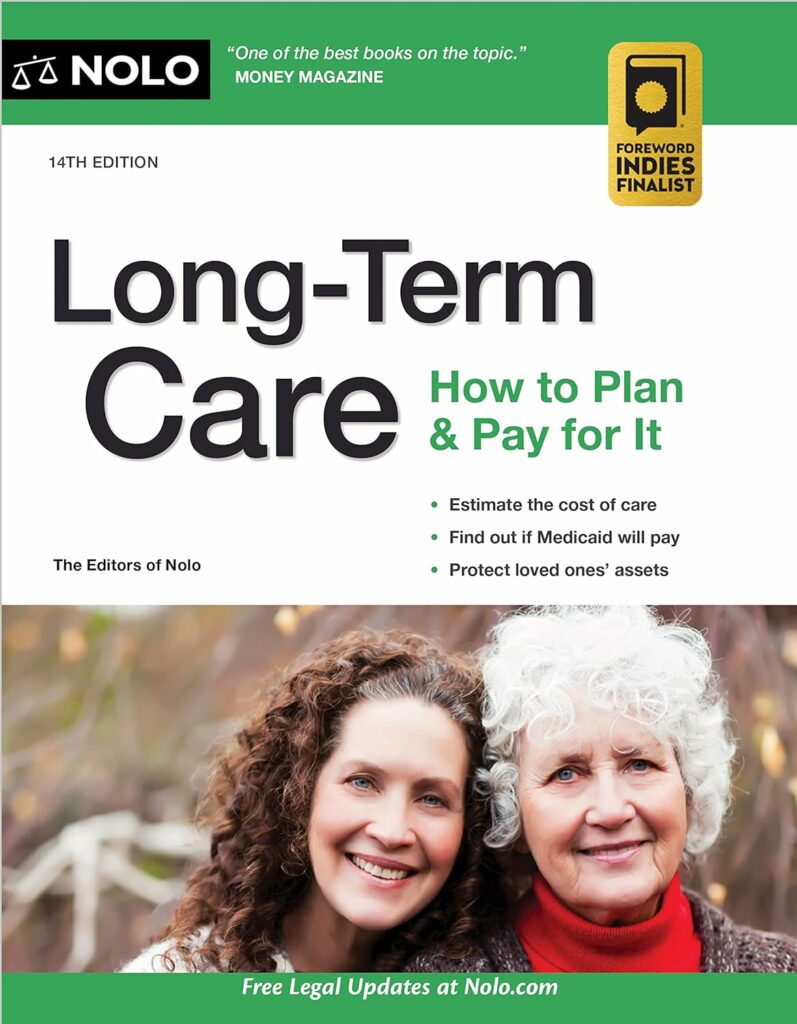Did you know that the federal government earmarked more than $16 million for state long-term care Ombudsman programs? This amount in comparison to the overall federal budget may not seem significant but the program it supports is important. This program stems from the Older Americans Act (OAA) of 1965 which was reauthorized in 2006. The LTC Ombudsman program plays an important role in protecting and representing older adults at eldercare centers. What are these programs and how can you access the resources? We’ve summarized the key information below.
What is the Long-Term Care Ombudsman Program?
The program is active in all states (as well as DC, Puerto Rico and Guam). Each state has an LTC Ombudsman office. This office is in charge of the statewide program. The program is to protect and support the overall wellbeing, health, safety and rights of older adults residing at LTC facilities. These facilities can include nursing homes, assisted living facilities or other elder care communities. The Ombudsman programs serve as advocates in support of policies and resident protections. The OAA requires Ombudsman programs to:
- Identify, investigate, and resolve complaints made by or on behalf of residents;
- Provide information to residents about LTSS;
Ensure that residents have regular and timely access to ombudsman services; - Represent the interests of residents before governmental agencies and seek administrative, legal, and other remedies to protect residents; and
- Analyze, comment on, and recommend changes in laws and regulations pertaining to the health, safety, welfare, and rights of residents.
The state programs, in 2011, investigated 200,463 complaints. Those complaints were administered and reviewed by each state Ombudsman office.
Who Can Contact the Ombudsman’s Office?
Anyone can contact their state’s LTC Ombudsman office to discuss or seek assistance in resolving a problem, concern, or complaint impacting one or more residents of a long-term care facility. This includes residents, friends, family members, facility staff, and others. As the resident advocate, however, the LTC Ombudsman always seeks to resolve the concern to the satisfaction of the resident.
What Support is Available for the State LTC Ombudsman Offices?
The state LTC Ombudsman offices and staff find support from the National Long-Term Care Ombudsman Resource Center. The LTC Resource Center provides: support, technical assistance and training to the 53 State Long-Term Care Ombudsman Programs and their statewide networks of over 500 local Ombudsman entities. The Center's objectives are: “to enhance the skills, knowledge, and management capacity of the State programs to enable them to handle residents' complaints and represent resident interests in both individual and systems advocacy. Funded by the Administration for Community Living (ACL), the Center is operated by Consumer Voice, The National Consumer Voice for Quality Long-Term Care, in cooperation with the Advancing States.” According to The Center, it engages in the following activities and services:
- Provides consultation, information, and referral for Ombudsman programs and for the residents, families, and others who use Ombudsman program services;
- Provides training opportunities and training resources for Ombudsman programs;
- Promotes public awareness of the role of the Ombudsman programs in long-term care;
- Works to improve Ombudsman program effectiveness in meeting the needs of residents, including those served by managed care organizations and those in alternative settings, such as Medicaid waiver programs;
- Identifies research needs and promotes research on issues which affect the Ombudsman programs or their constituents; Supports the ombudsman volunteer component through work with AARP and other national or state-wide efforts to recruit volunteers for the program;
- Works cooperatively with all organizations and agencies which have as their mission the protection of the frail elderly who reside in long-term care settings and
- Promotes understanding and cooperation between Ombudsman programs and citizen advocacy groups.
Further Reading About Long-Term Care

How to Find an LTC Ombudsman Near You
The LTC Ombudsman program advocates for residents of assisted living facilities across all 50 states, as well as DC, Guam and Puerto Rico. To find the state Ombudsman near you, following the instructions below.
- To start, click this link: https://theconsumervoice.org/get_help
- Next, click on the state your older loved one resides.
- Last, identify the right point-of-contact for the state Ombudsman office.
With this information, you can contact the Ombudsman’s office for your state or local county. The website for your state’s office will likely provide additional information, such as forms, resources, how-tos and general FAQs. Take advantage of this information and keep note of who is your LTC Ombudsman.

